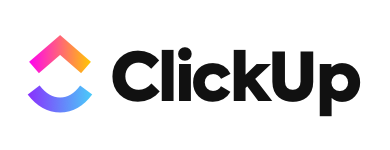How These Former Resellers Built A $120K/Year Tool To Combat Bots
Hello! Who are you and what business did you start?
Howdy! My name is Jordan Shamir, and I am one of the co-founders of Yofi, a customer identity platform that helps brands prevent bots and create meaningful relationships with their customers! My co-founders and I started Yofi because we were frustrated constantly needing to pay ridiculous resale prices for our favorite sneakers and concert tickets because we couldn’t beat the bots who were buying all of these items.
We are all former sneaker botters, who gave up our botting ways to help some of the largest brands in the world - Nike, Adidas, IBM, and Gucci - successfully fight against these bots. While fighting against bots, we uncovered a more significant issue: everything being consumed digitally is being skewed because everyone has multiple identities online - intentionally (bots, fraudsters, resellers) and unintentionally (people using their work email for 10-15% off promotion).
This creates a massive cascading impact because skewed data led to miss forecasting sales and inventory, abandoning successful marketing campaigns, and building products our customers did not want.
Yofi has helped brands successfully mitigate bad actors (bots,...


































